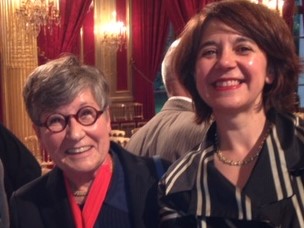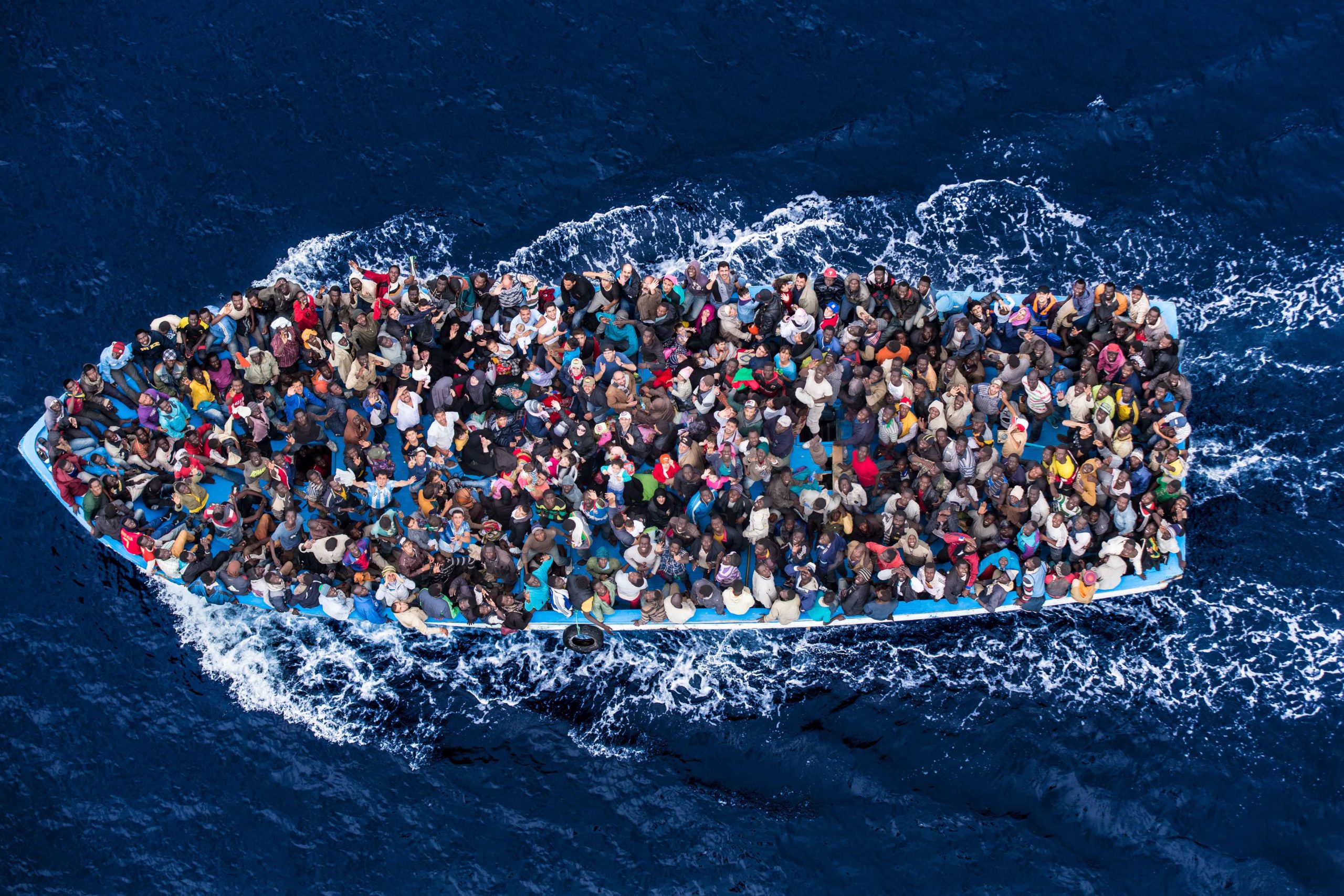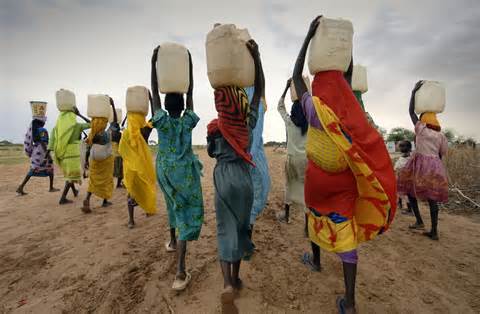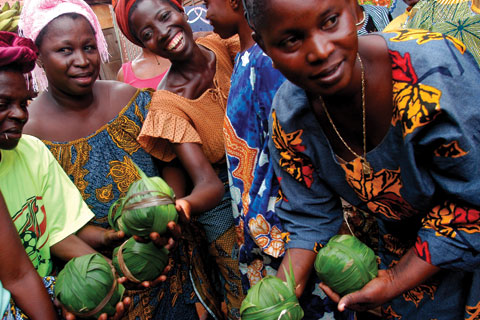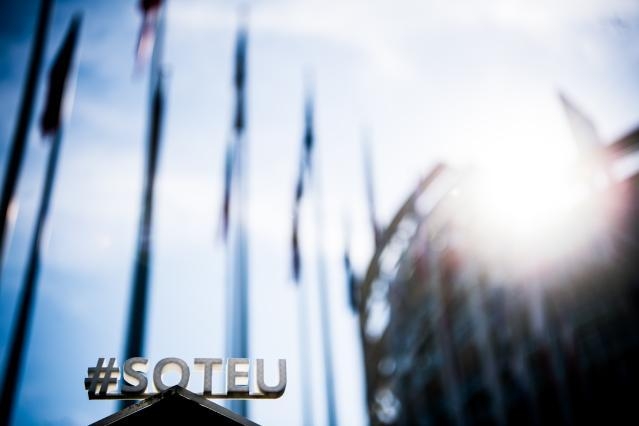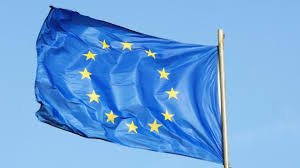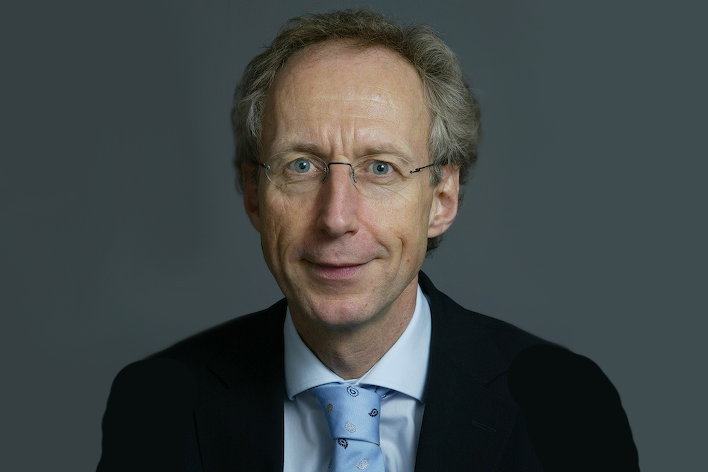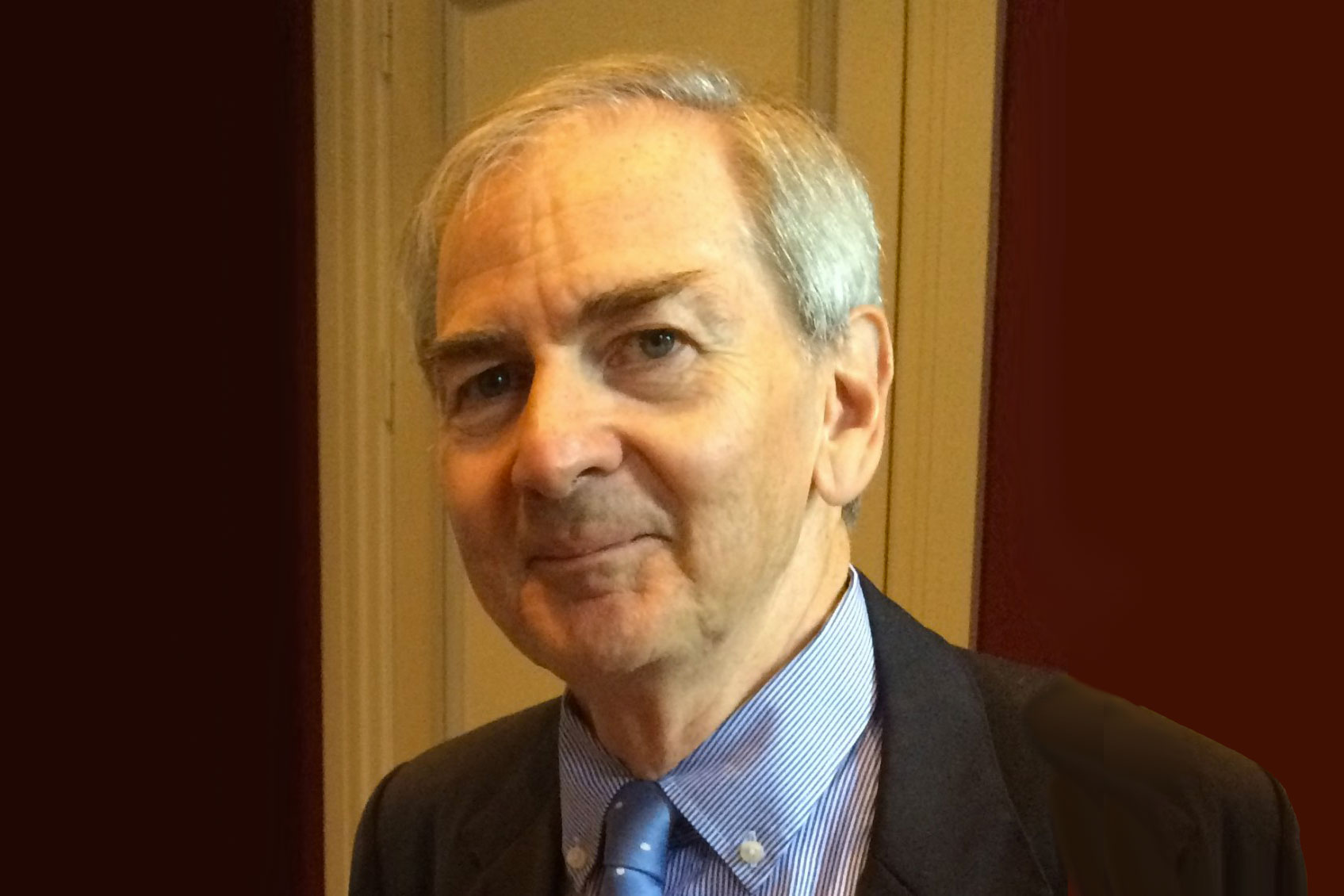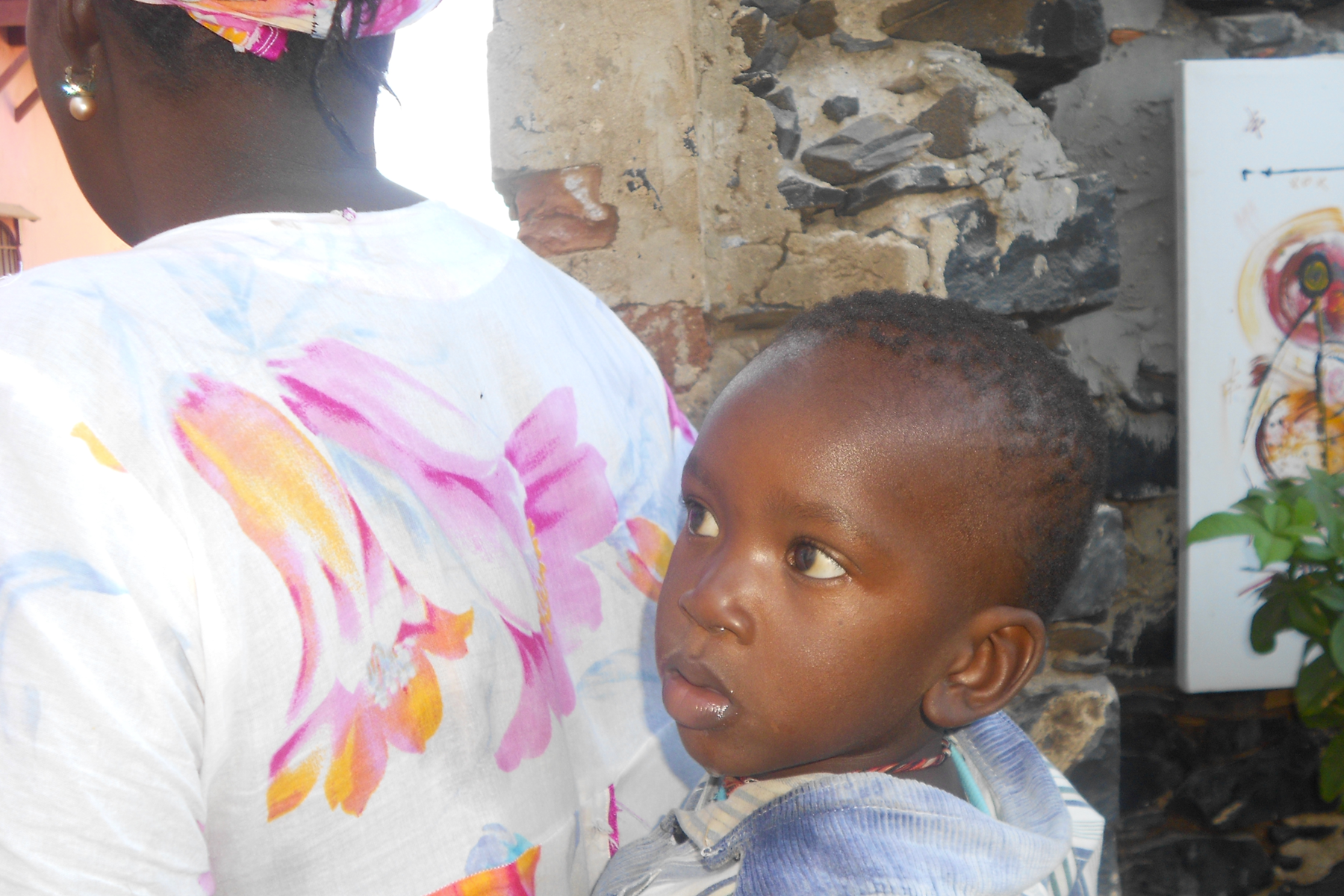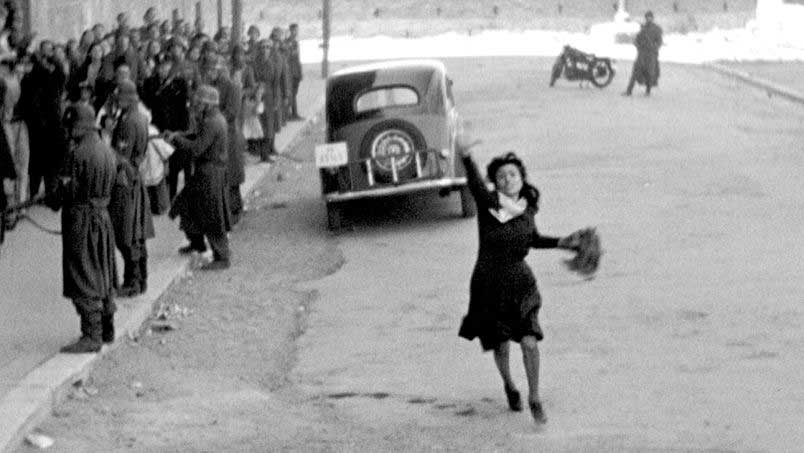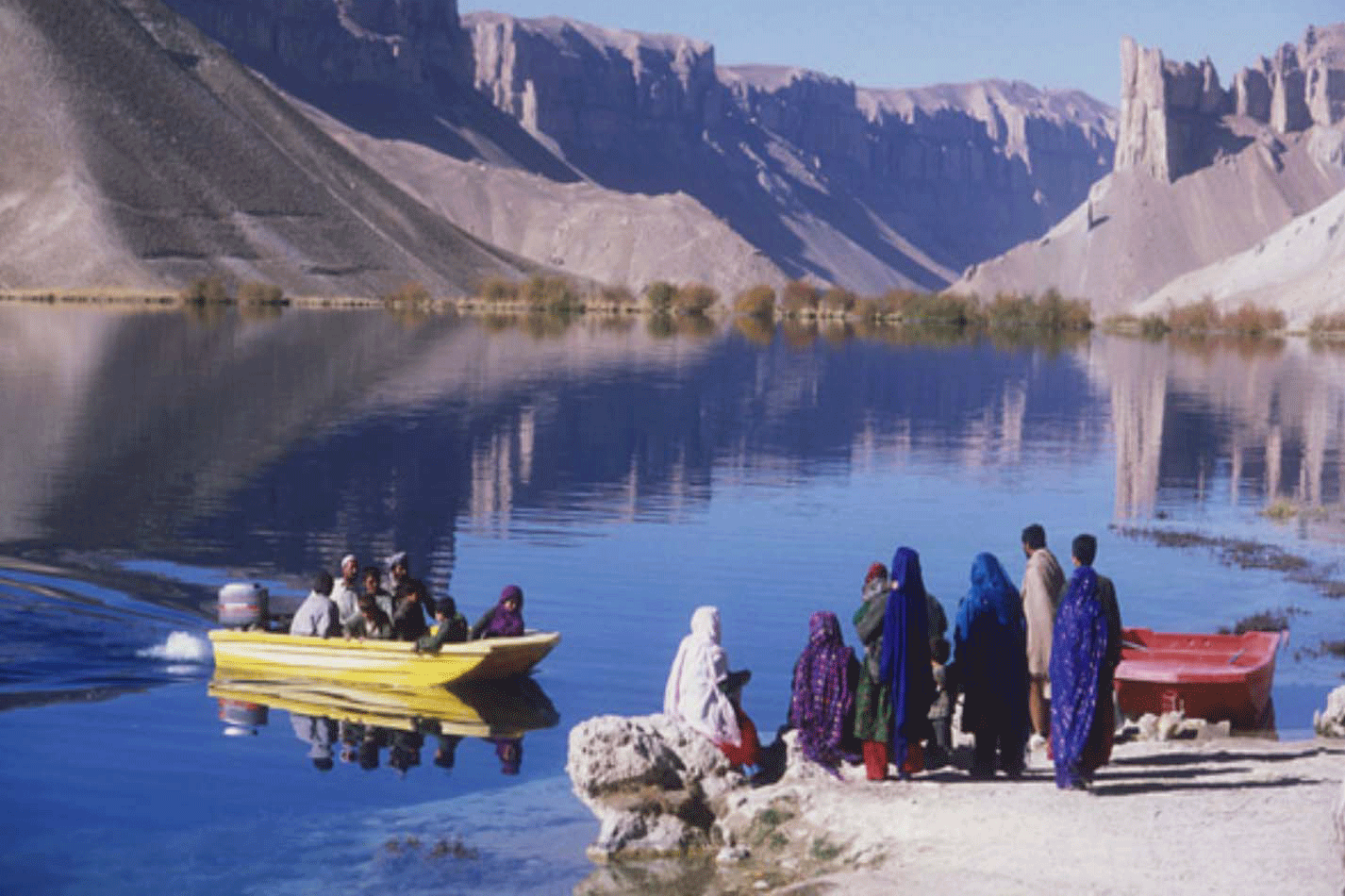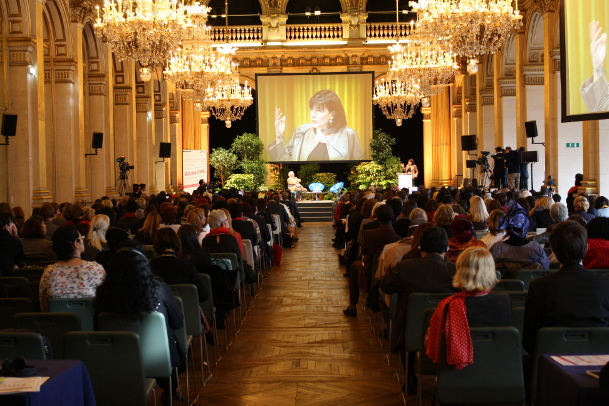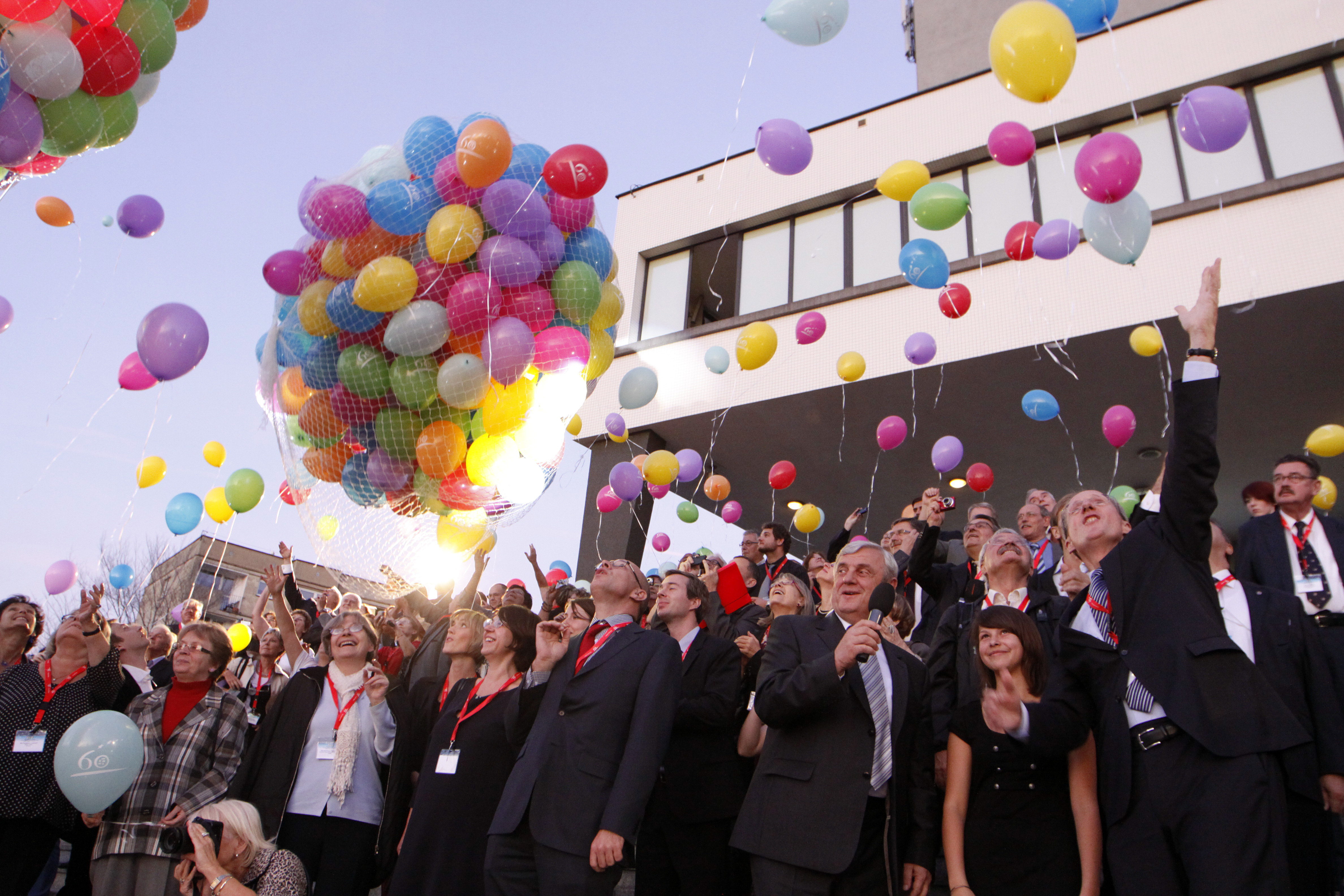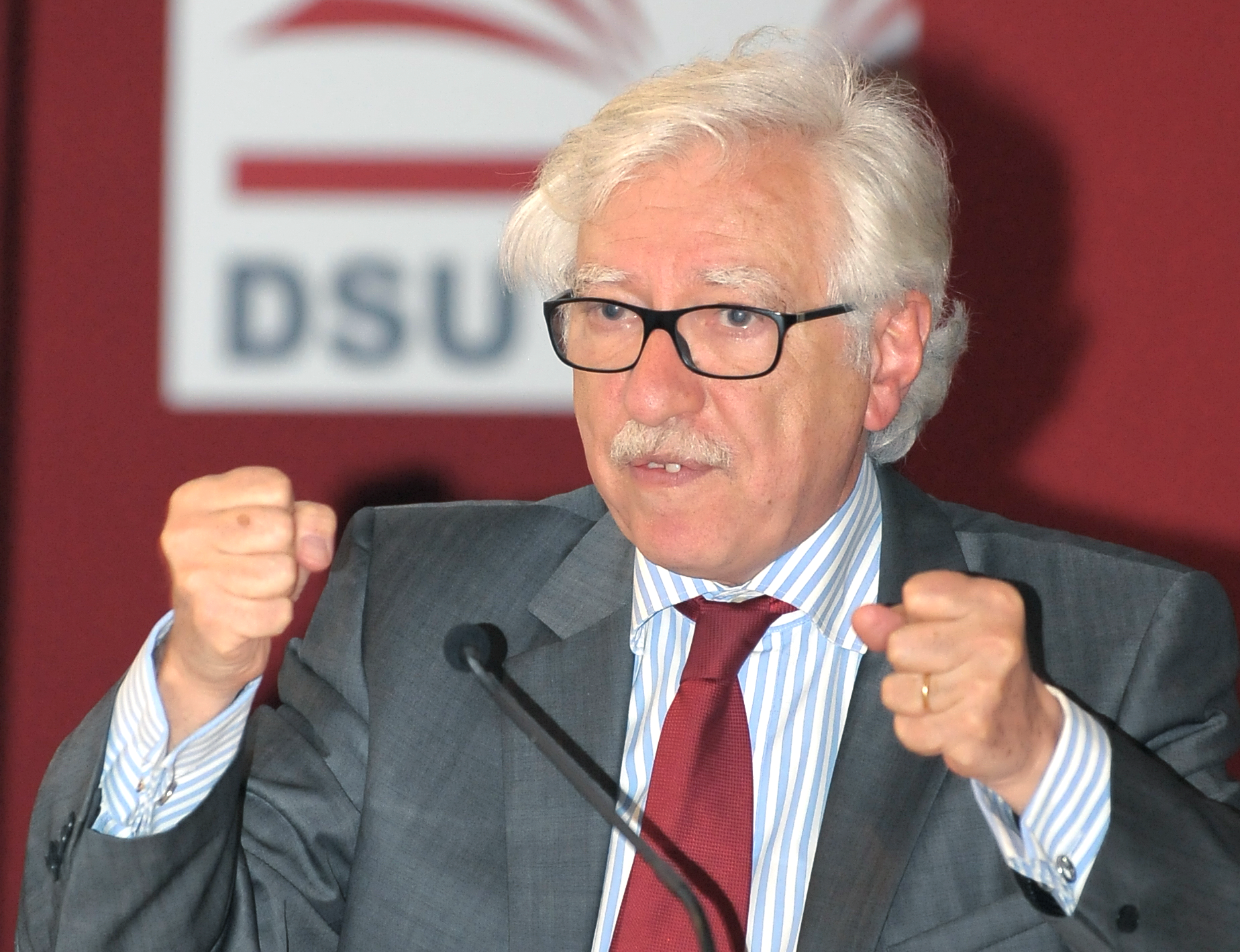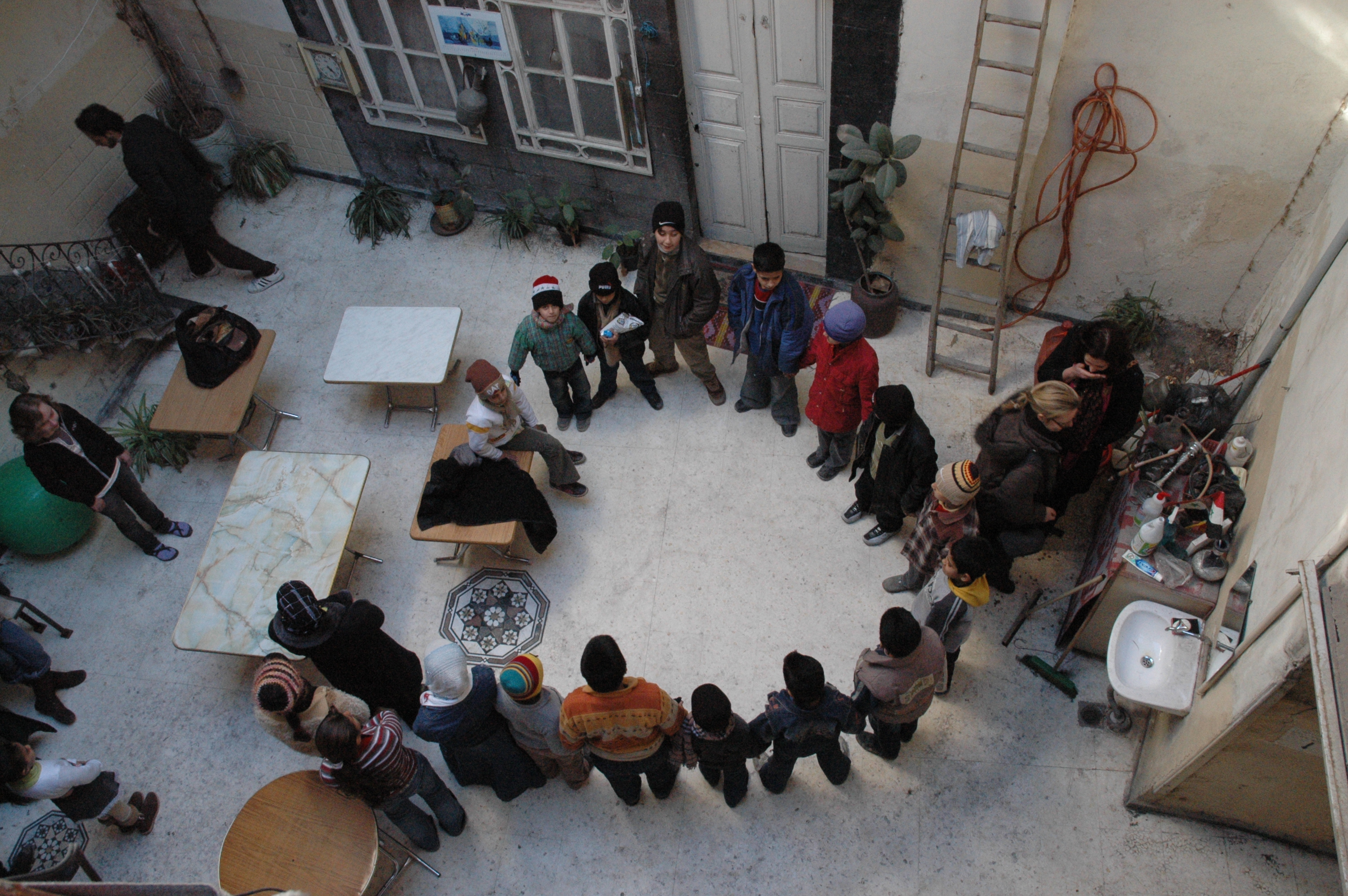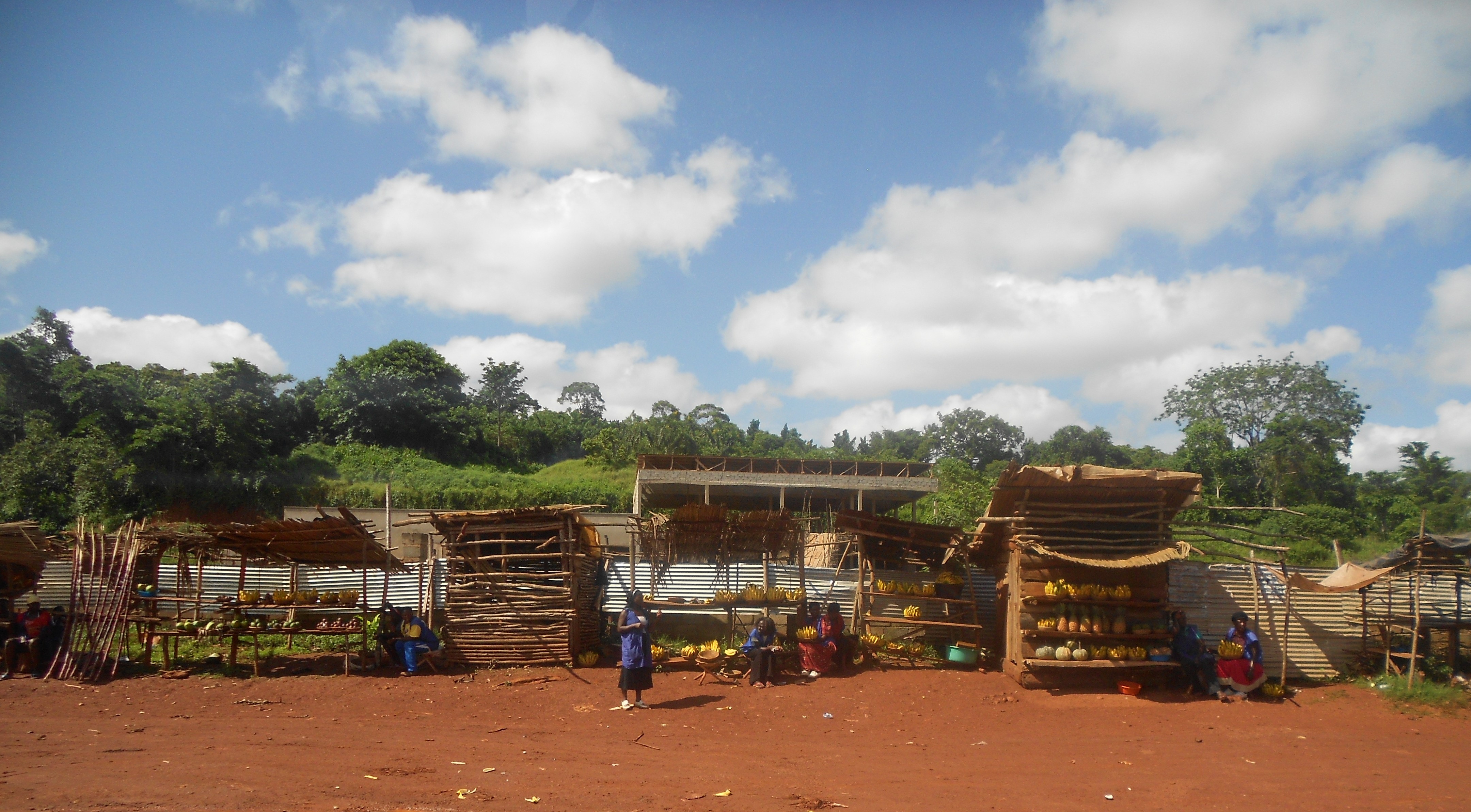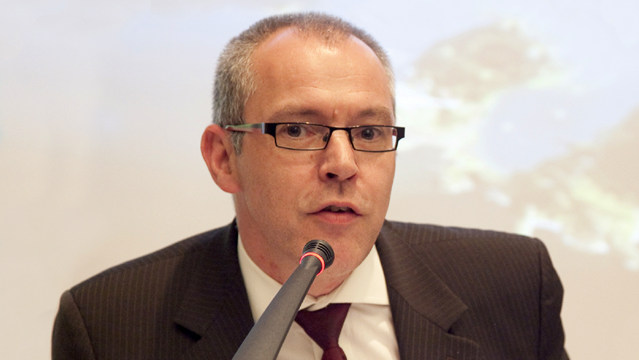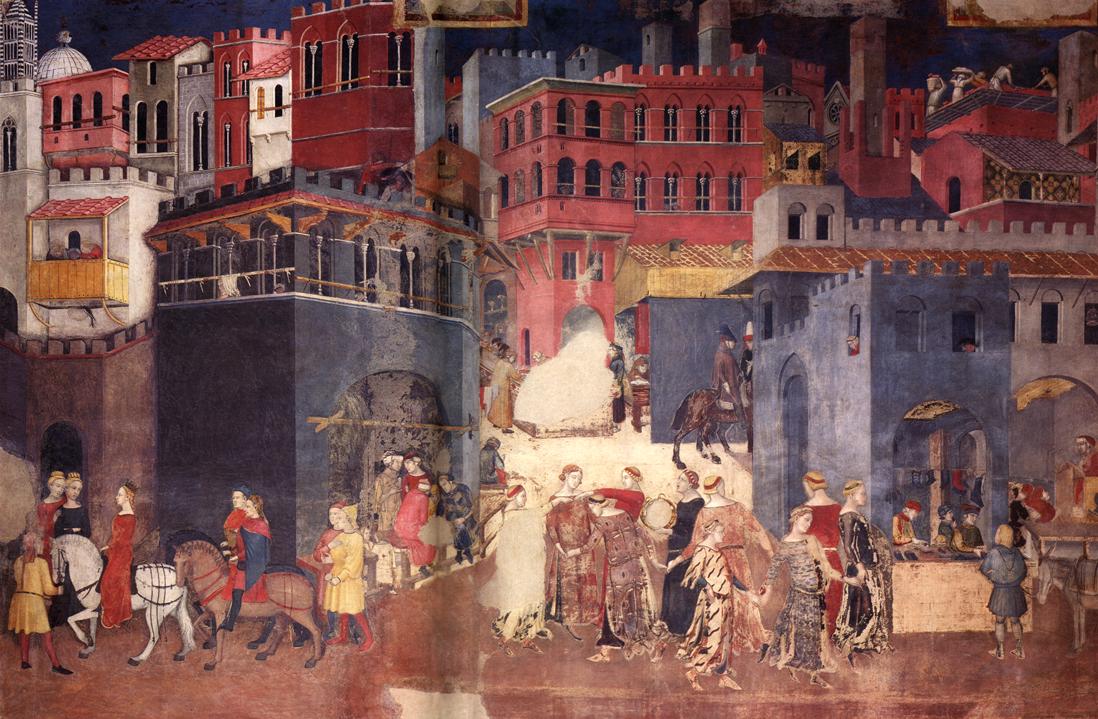Post-Durban
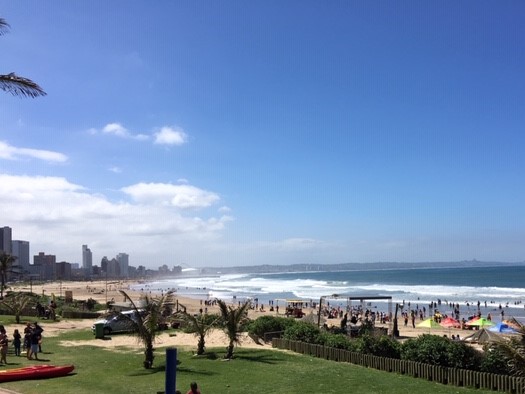
Just back from Durban, the venue of the VI Congress of UCLG , the world organisation of local and regional governments, where local and regional leaders and representatives of other organisations and institutions gathered together from all over the world. A new President was elected, Mr Mohammed Boudra, Mayor of Al Hoceima, succeeding Mr Parks Tau, former Mayor of Johannesburg, who welcomed us to his beautiful country, South Africa.
I have the pleasure and honour of working for UCLG as a Special Advisor for gender equality and I would like to thank the UCLG Secretary General, her team and the entire global municipalist family for their confidence and commitment to cooperation. It is an immense undertaking but also a huge opportunity, in light of gender equality’s new importance to the organisation’s agenda, and at a time when a proper strategy is being devised in preparation for UCLG’s contribution to the “Beijing +25” discussions, which are to be held at the United Nations in March 2020.
Equality was also seen as an important question by IULA , one of UCLG’s founding organisations, as exemplified by its issuance of the Worldwide Declaration on Women in Local Government. This commitment was reiterated at the UCLG’s founding Congress in Paris in 2004, resoundingly in the case of some members, notably by certain women whom I would like to single out like Vicenta Bosch Palanca, then-Chair of the CEMR Committee for Equality (the European Section of UCLG), who sadly passed away far too soon. Vicenta gave a voice to women in Europe and from all over the world at the Paris Congress with her well-known catchphrase: “Half of our planet's inhabitants are women; we therefore ask for half the sky and half the power!"
UCLG’s Committee for Gender Equality thus came into being and continues to spread the word promoting equality between women and men within the world organisation of local governments. Chaired by Anne Hidalgo, who made it possible to host a major global Conference of elected women representatives in Paris in 2013, the Committee managed to secure the introduction of quotas in the organisation’s governing bodies as well as the right for its Chair to a seat as one of UCLG’s Co-Presidents.
The quotas have already produced results. The European Section, where I was responsible for this issue for years, and which greatly contributed to the development of a strong commitment to equality within UCLG, can justly be proud of having respected the quotas required under UCLG rules – 40% of women in 2019. The recent gains shown in the African Section are also very encouraging. These results prove that a strong political will is needed to attain progress, as the examples of the Secretaries General of the European Section and UCLG Africa have shown, accompanied by a significant women’s movement like the one in Europe (where CEMR has been working on this issue for decades) and in Africa (through REFELA).

“Cities are listening” was the theme of the Durban Congress,
and discussions were organised around four tracks: the “Statutory Track”, restricted to members meeting on regional section matters, the “Local4Action Track”, a space open to everyone, the “Town Hall Track”, dedicated to the partnership with civil society and, finally, the “Assembly Track”, where participation was open to all local and regional governmental representatives. All four tracks held sessions relating to gender equality that were organised by the members, civil society or by other organisations. A special session on Beijing +25 was organised by UCLG, with a debate on the role of local and regional governments in gender equality. Another debate that attracted a lot of interest looked at ways to attain Sustainable Development Goal 5 (SDG 5) of the United Nations’ 2030 Agenda concerning gender equality.
Owing to the participation and contribution of elected women and men from every continent, with different life experiences and diverse cultures, all of the sessions were remarkably dynamic and productive. The balanced representation of women and men in decision-making was a recurring theme but discussions also touched on services aimed at women, the organisation of public spaces, the role of women in development, the ending of violence against women as well as the weight that stereotypes and cultural norms represent in our society and how they define the role of women.
The Durban Congress will forever mark a turning point in the life and organisation of UCLG as it was announced at the World Council meeting that the organisation’s budget would henceforth include a budget line dedicated to gender equality and issues facing women worldwide. This is unprecedented in the workings of an organisation like UCLG and constitutes a first step of a process in the making that I believe can be traced back to the strong commitment of the Secretary General, Emilia Saiz, which is already bearing fruit.
Conceiving a global strategy for gender equality was the first mission that UCLG entrusted to me. It was a task which involved defining objectives and the work programme and proved fundamental, with a crucial role for the regional sections in the short-, medium- and long-term. An initial informal meeting on this subject was held during the World Council meeting in Madrid in November 2018 to determine the main outlines of the strategy, which were then proposed to the members for debate and feedback in subsequent meetings.
At this stage, I believe the strategy is delineated by its substance and depth. Knowing the obstacles and hesitations that lie in wait in implementing equality, it is crucial that the members stick to this strategy and that they get behind it fully in order to make it a reality at their level, in each of the different regional sections of UCLG. An action plan has already been approved for 2020 with the launching of specific initiatives at regional level, to be carried out by UCLG’s thematic committees and working groups. We are taking the time necessary to let this strategy become a real road map for the members.
We have observed a growing interest among UCLG members and its stakeholders to become more involved in this work. This is truly a huge step forward. The newly elected President has made gender equality one of her priorities and has called on Ada Colau, Mayor of Barcelona, to be the special representative to the UN for this issue. This is indeed a promising development in the runup to the Beijing +25 talks on the status of women worldwide, which will take place in New York next March at a special United Nations session.
In 2000, as the coordinators of the European delegation in the Beijing +5 debates, we secured recognition of local governments as key actors in the implementation of the Beijing Action Plan. Today, it is necessary to assess where we stand in this regard. We must prepare for extensive talks and ensure that local and regional governments are fully taken into consideration by the United Nations system as a fundamental decision-making level to improve the daily lives of women, who represent half the world’s population.
This objective runs parallel to the attainment of SDG 5 of the United Nations’ 2030 Agenda pertaining to gender equality. Every year, UN Women provides statistics measuring the progress made towards this goal. Here are some of the figures for 2019:
- 49 countries still do not have any laws protecting women against domestic violence;
- 39 countries have laws preventing women from enjoying the same inheritance rights as male offspring;
- According to data from 87 countries, 20% of women under 50 as well as girls have suffered from physical and/or sexual abuse at the hands of someone close to them within the last 12 months;
- Each year, harmful practices such as child marriages deprive 15 million girls under 18 of their childhood all around the world;
- Women take on 2.6 times as many family tasks and unpaid domestic work as men.
- While more women have had access to political positions in recent years, especially following the adoption of specific quotas, women still only occupy 23.7% of seats in the national parliaments, a percentage that is a far cry from parity.
The list is long and goes on and confirms that there still is quite a way to go, mostly uphill. UCLG is committed to this struggle. It is truly an honour and a pleasure for me to be able to make my own modest contribution, putting to use my knowledge and experience, with the added joy of collaborating with a team and members who are working together for a more just and fair world, thus ensuring a better life for its inhabitants. I invite you to follow along on this journey which will be shared on these pages.




 All news
All news
